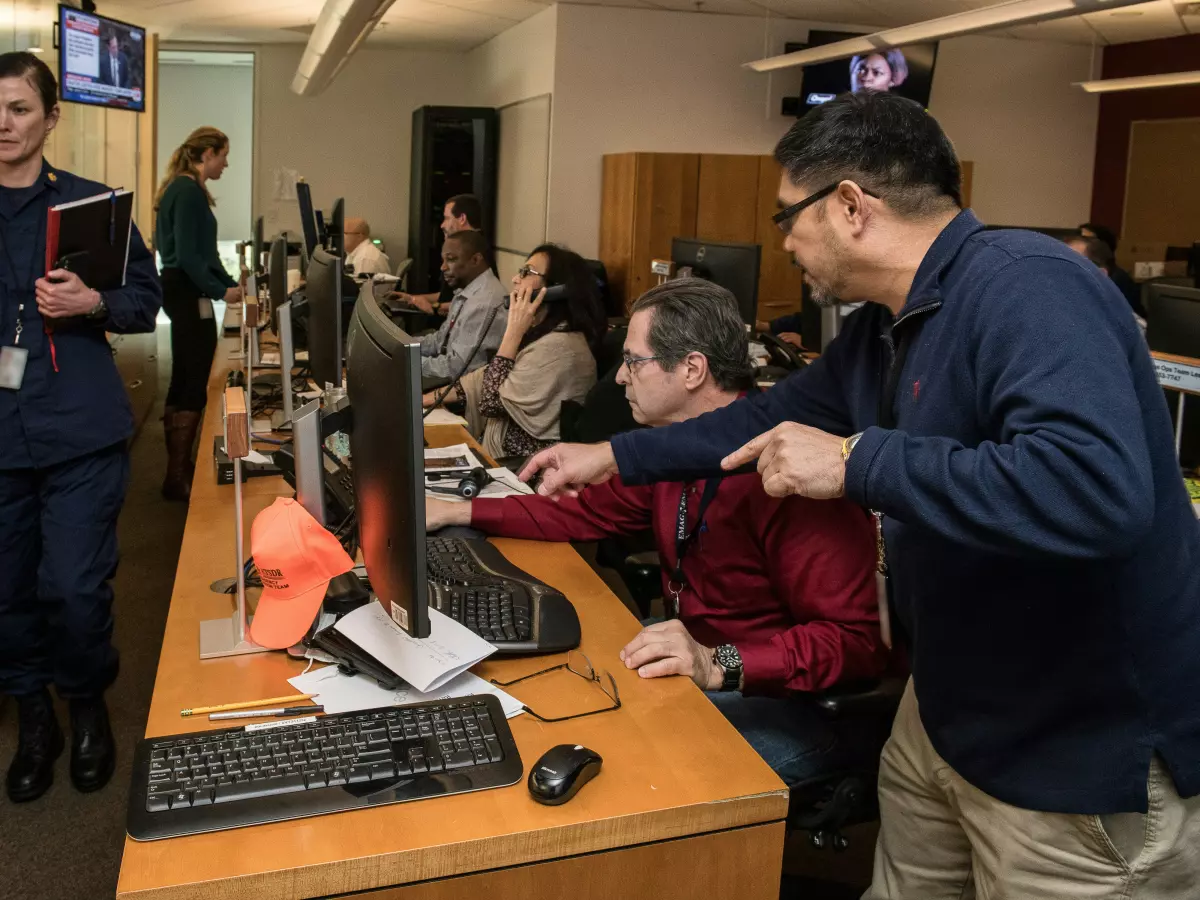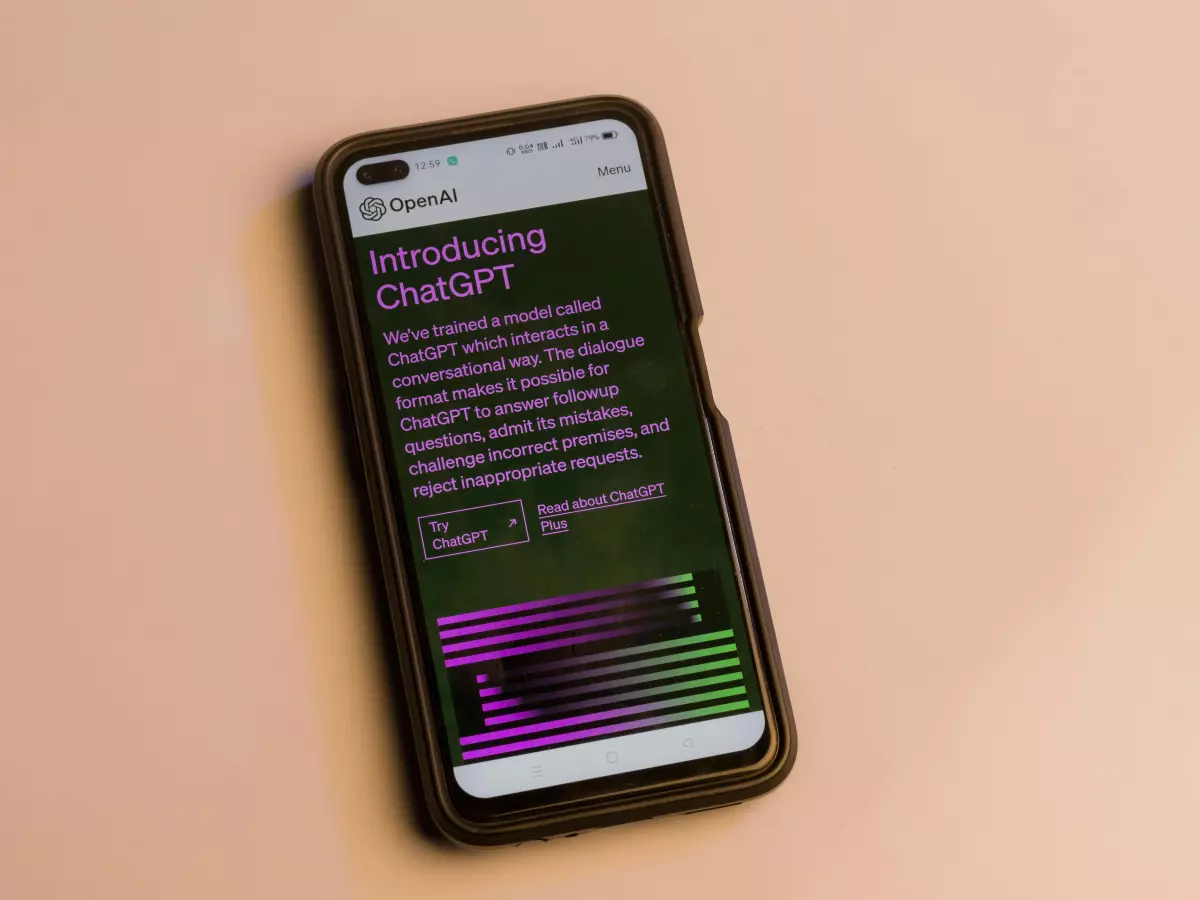Digital Skeletons
Imagine running for office, only to have a decade-old tweet resurface, potentially derailing your entire campaign. Welcome to the new political battleground.
By Nina Schmidt
In today’s political landscape, your past is never truly in the past. Thanks to AI-powered tools, every tweet, post, or questionable meme you’ve ever shared could come back to haunt you. And it’s not just politicians who need to worry—anyone in the public eye, from influencers to corporate leaders, is at risk of having their digital skeletons unearthed.
According to Fast Company, AI tools like Ferretly are now being used to vet political candidates and their staff by scanning social media histories, podcasts, and even memes. These tools can dig up posts from over a decade ago, flagging anything from hate speech to offensive gestures. The implications? Well, let’s just say that being ‘terminally online’ might not be the best strategy for anyone with political aspirations.
The AI That Never Forgets
So, what exactly are these AI tools looking for? It turns out, quite a lot. Ferretly, for instance, uses machine learning to scan for inflammatory rhetoric, hate speech, and even images of guns or extremist symbols. If you’ve ever posted a photo with a questionable book or a politically charged T-shirt, AI can find it. And it’s not just about what you’ve said—it’s about what you’ve shown.
But here’s the kicker: these AI tools aren’t just for politicians. They’re being used across industries, from sports teams to police departments, to vet potential hires. The goal? To avoid hiring someone whose past behavior could become a PR nightmare. It’s a brave new world where your digital footprint is as important as your resume.
Can You Really Hide?
Here’s the million-dollar question: Can you scrub your online presence enough to avoid detection? The short answer is no. While some people are hiring companies to do self-screenings (yes, that’s a thing now), AI is getting better at finding even the most well-hidden posts. And with tools that can scan podcasts and other media, it’s becoming harder to cover your tracks.
But let’s be real—who hasn’t posted something they regret? Whether it’s a poorly timed joke or a heated political rant, we’ve all had our moments. The difference now is that those moments can be weaponized against you, especially if you’re in the public eye. So, what’s the solution? Should we all just delete our social media accounts and go off the grid?
The Double-Edged Sword
While AI-powered vetting tools can help prevent problematic hires, they also raise some ethical questions. Is it fair to judge someone based on a tweet from 10 years ago? Can people change, or are they forever defined by their digital past? These are the questions we need to grapple with as AI continues to play a larger role in our lives.
On one hand, these tools can protect companies and political campaigns from hiring someone who could damage their reputation. On the other hand, they can also perpetuate a culture of ‘gotcha’ moments, where a single misstep can ruin a career. It’s a delicate balance, and one that we’re still figuring out.
What’s Next?
As AI continues to evolve, so too will the ways in which we’re scrutinized. Ferretly, for example, is already working on tools that can scan video content, meaning that embarrassing YouTube vlog from 2008 could soon be fair game. And it’s not just politicians who need to worry—anyone with a public-facing job could find themselves under the microscope.
So, what can you do to protect yourself? For starters, be mindful of what you post. It sounds obvious, but in the age of AI, every post, tweet, and meme is a potential liability. And if you’re already worried about what’s out there, it might be worth doing a self-screening to see what AI could dig up.
Ultimately, the rise of AI-powered vetting tools is a reminder that the internet never forgets. Whether you’re a politician, an influencer, or just someone with a lot of opinions, your digital past is always lurking in the background. The question is, are you ready for it to be uncovered?





